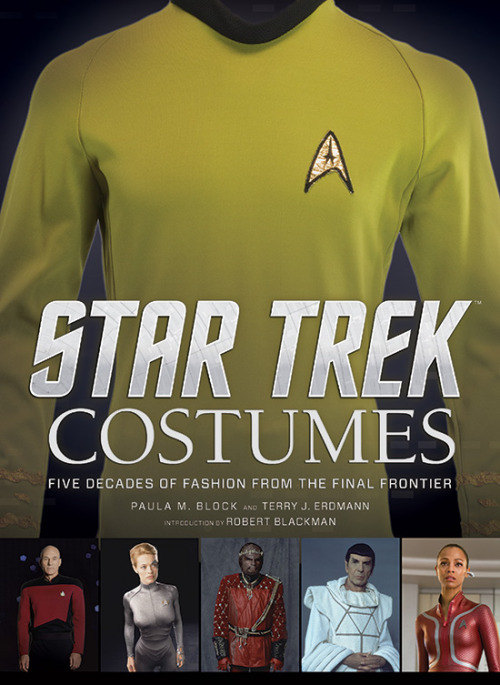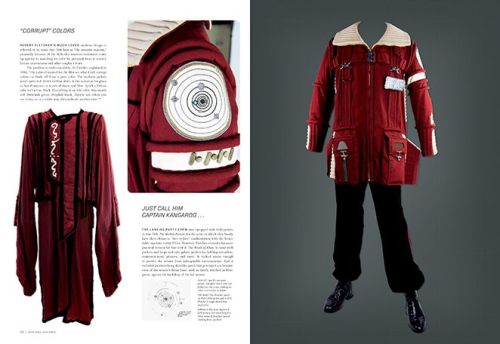244 posts
Latest Posts by pugmum1 - Page 2










Ask Ethan #110: What did the sky look like when Earth first formed?
“In general, what would the night time skies have looked like to an observer on a newly cooling Earth 4 billion years ago? Would the night sky be the same? Brighter?”
The night sky is a memorable, inimitable sight. With the exception of the planets, the stars that shine so brightly and consistently on your birthday will be the same ones — in both position and brightness — that shine on your dying day. But as recognizable as the stars and constellations are, the skies we recognize would have nothing in common with the skies as they were back when Earth first formed more than four billion years ago. With natural light pollution from volcanism and heat, a location inside a star cluster and the evolution of our local Universe, there are some huge differences that would make for some big surprises.

Night Shores #28 - Stairway to Heaven by Wes Schulstad Via Flickr: The star cities of the Milky Way rise over the rocky night shores of Jervis Bay at The Stairs. Imaged 15 October 2015.
Fun Moments with Our Record Breaking Astronaut
Astronaut Scott Kelly has broken the record for longest time spent in space by a U.S. astronaut. He has spent a cumulative of 383 days in space over the course of four missions. What better way to celebrate than to highlight some of his fun moments on the internet:
A question from the president during a recent TweetChat:

Astronaut Scott Kelly occasionally hosts TweetChats from the International Space Station. During a recent chat, he happened to get a question from someone who lives at 1600 Pennsylvania Avenue! HERE’s a recap from a similar chat from the station.
Tackling the tough questions during interviews:

During an interview with Katie Couric, Kelly explained what a day on the space station is really like…including the chores he can and can’t do.
The pros and cons of having roommates:

The International Space Station is an orbiting laboratory where an international crew live, work and conduct valuable research.
Getting supplies from cargo ships:

Living on the space station requires food, water and supplies. All of these things, plus experiments and other essentials are delivered to the crew via cargo ship. Learn more about our commercial resupply program HERE.
Make sure to follow us on Tumblr for your regular dose of space: http://nasa.tumblr.com


NASA Astronomy Picture of the Day 2015 October 14
A Gegenschein Lunar Eclipse
Is there anything interesting to see in the direction opposite the Sun? One night last month, there were quite a few things. First, the red-glowing orb on the lower right of the featured image is the full moon, darkened and reddened because it has entered Earth’s shadow. Beyond Earth’s cone of darkness are backscattering dust particles orbiting the Sun that standout with a diffuse glow called the gegenschein, visible as a faint band rising from the central horizon and passing behind the Moon. A nearly horizontal stripe of green airglow is also discernable just above the horizon, partly blocked by blowing orange sand.
Visible in the distant sky as the blue dot near the top of the image is the star Sirius, while the central band of our Milky Way Galaxy arches up on the image left and down again on the right. The fuzzy light patches just left of center are the Large and Small Magellanic Clouds. Red emission nebulas too numerous to mention are scattered about the sky, but are labelled in a companion annotated image.






Comets have two tails.
There are two types of comet tails: dust and gas ion.
A dust tail contains small, solid particles that are about the same size found in cigarette smoke. This tail forms because sunlight pushes on these small particles, gently shoving them away from the comet’s nucleus. Because the pressure from sunlight is relatively weak, the dust particles end up forming a diffuse, curved tail.
A gas ion tail forms when ultraviolet sunlight rips one or more electrons from gas atoms in the coma, making them into ions (a process called ionization). The solar wind then carries these ions straight outward away from the Sun. The resulting tail is straighter and narrower. Both types of tails may extend millions of kilometers into space. As a comet heads away from the Sun, its tail dissipates, its coma disappears, and the matter contained in its nucleus freezes into a rock-like material.
Comets don’t like the sun.
Comets lose a lot of mass when they go by the Sun. A lot: some shed hundreds of tons of material per second. That’s actually a small fraction of the mass of a comet, but given time, and lots of solar passes, it adds up. Every comet we see is slowly dissolving in space. Eventually even the mighty Comet Halley will be gone, broken down into a swarm of rocks, gravel, and dust once its gas is gone.

The Medusa Nebula by Ken Crawford

Atlantis STS-71 attached to Mir Space Station (phone) Click the image to download the correct size for your phone in high resolution




They Boldly Went has teamed up with Insight Editions to give away a copy of Star Trek Costumes: Five Decades Of Fashion From The Final Frontier , an exhaustive look at the design and process behind our favorite science fiction franchise’s couture. Packed with detailed photographs, rarely-see publicity images and anecdotes from the designers and craftsmen that put them together, this deluxe 256-page hardcover is the sort of thing that I’ve been dreaming about.
All you have to do to enter is reblog this post and sign up for their mailing list before 11:59PM EDT on Friday, October 16. They’ll pick a winner and we’ll post about it on Monday or Tuesday of next week. Good luck!
Please note that this giveaway is limited to North America only.






La Tierra desde la ISS (Scott Kelly/NASA/Roscosmos).
R2D2 being the cutest robot in the universe.




The dragon over #Gringotts ~ #DiagonAlley ~ #HarryPotter ~ Universal Orlando
ITS FINALLY HERE!!! Collab with Daz McKenzie my#dubsmash buddy.And it's a bleedin classic #harrypotter #wizard Girls Of Vine, ✨✨
Exciting NASA news
… as if there’s not been some of that already this week.

(Image credit: NASA/JPL)
It seems that NASA’s slated to select two proposals for their Discovery program missions.
A “Discovery” mission at NASA is generally a smaller mission that happens very quickly. Something like the Curiosity rover or the Cassini-Huygens mission aren’t Discovery program missions, those are called “Flagship” missions.
NASA’s incredible Dawn mission is a Discovery mission.
Right now the five missions under consideration are:
- VERITAS (Venus Emissivity, Radio Science, InSAR Topography and Spectroscopy): Basically a mission that would orbit Venus (a planet deserving to be visited again) and map its surface with high resolution radar.
- Psyche: This mission would explore a huge, metal-rich asteroid in the asteroid belt. Important and potentially influential mission (there are lots of entrepreneurs looking for metal-rich asteroids to mine in the near future).
- Lucy: This mission would explore a series of “Trojan” asteroids, basically asteroids that trail behind Jupiter.
- NEOCam: This would search for dangerous near-Earth asteroids.
- DAVINCI (Deep Atmosphere Venus Investigation of Noble gases, Chemistry, and Imaging): As you might guess from its name, this spacecraft would descend through the Venusian atmosphere, studying it as it goes down.
If the rumors I’ve heard are true, it’s possible NASA might be able to select two missions from this excellent pile.
What are your picks?
Pilots r discouraged fm hitting things w/ their jet, except for tankers.Have always loved air-air refueling & I got 2 today!@RCAF_ARC #Fun
Asteroid explorer Psyche "Asteroid explorer Psyche, near-Earth asteroid hunter NEOCam & Veritas to Venus among proposals selected for potential future NASA mission."
accept yourself (edit: Martin Matthews)
Water on #Mars! "Big news from Mars: a robotic orbiter has found liquid water seeping on the surface. Details: solarsystem.nasa.gov/mars"
NASA has announced that it has found flowing water on the surface of Mars, which may hint at the possibility of life on the planet.
Wow! "Director Mitch Martinez set up 48 DSLR cameras to capture this bullet-time footage of performers breathing fire around all sides."
. . .
#Pluto ~ #beautiful! "Zoom in on the new, extremely high-resolution, enhanced color view of Pluto. #NASA #PlutoFlyby Full image: www.nasa.gov/newhorizons"
Oh, snap ~ that must be good for a fracture or two, feel bad for him.
Very cool!👍 "Magnetic levitation with a #superconductor! #science #AstroCamp #6secondscience http://bit.ly/1KAaaet for more!"